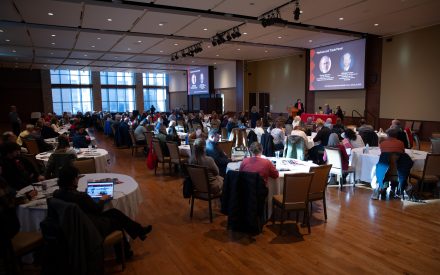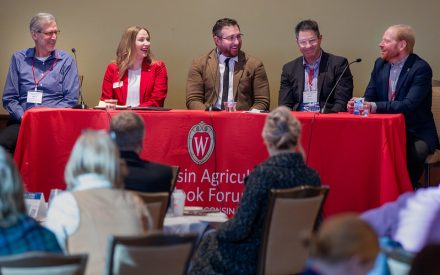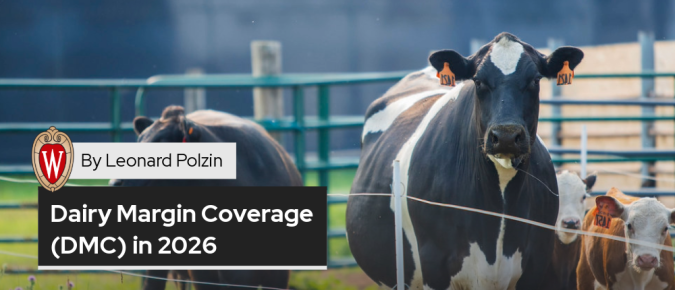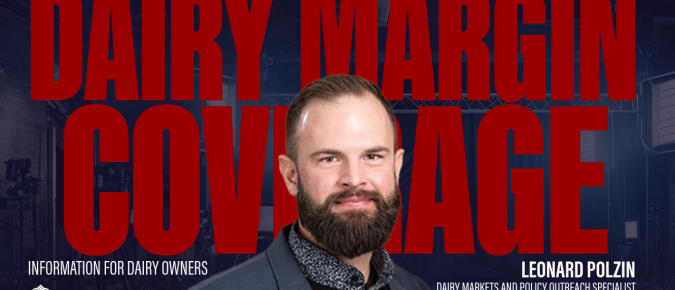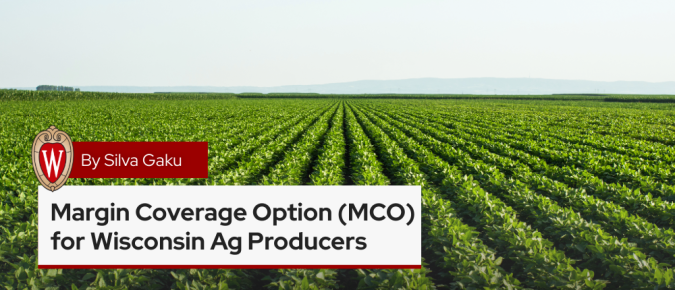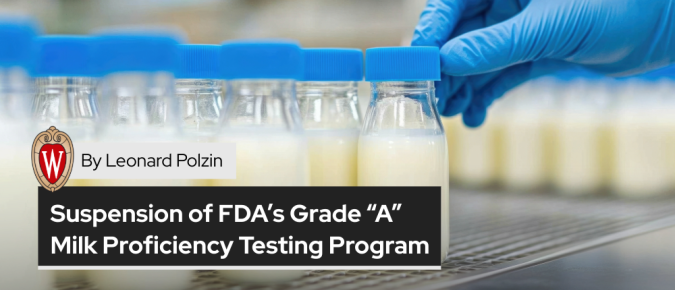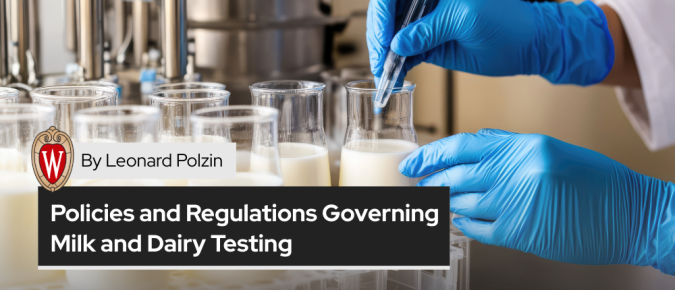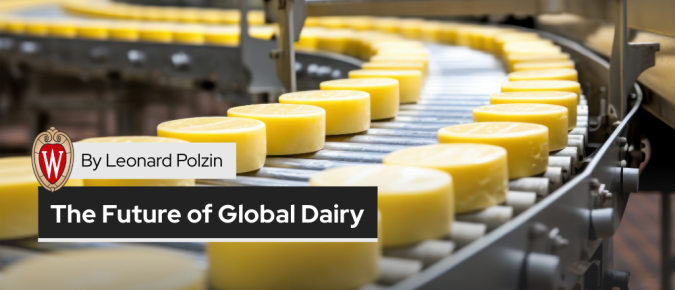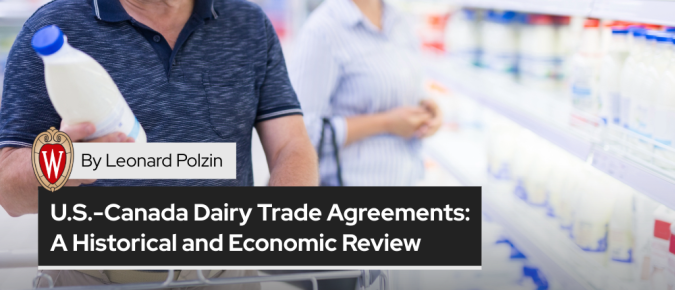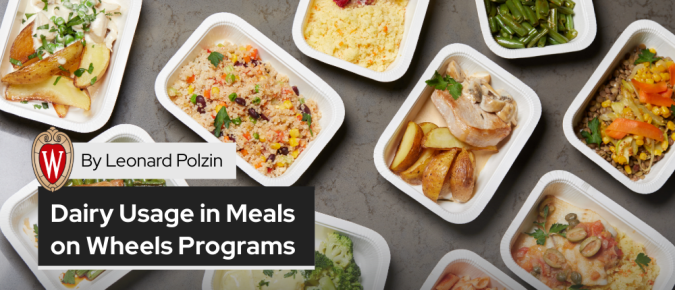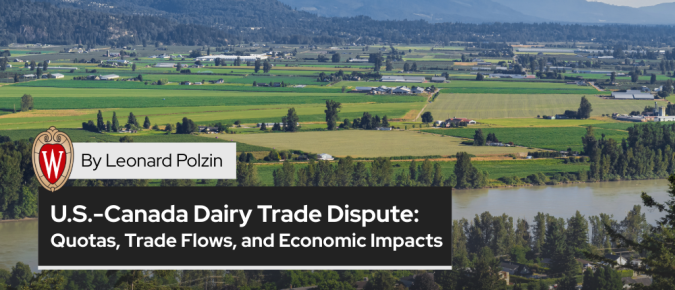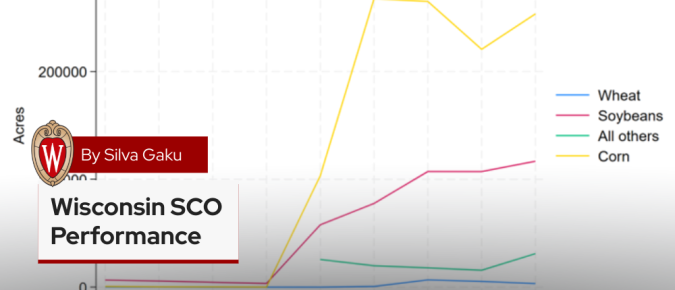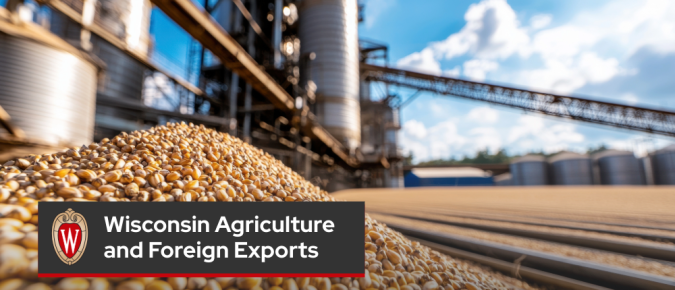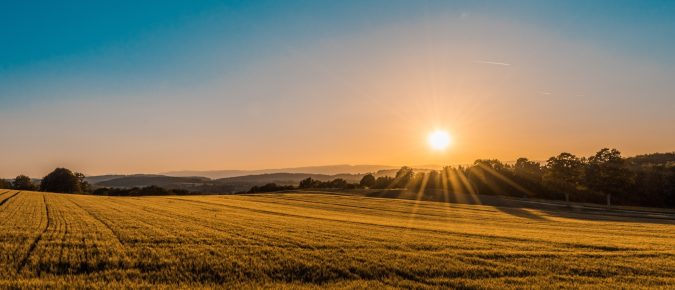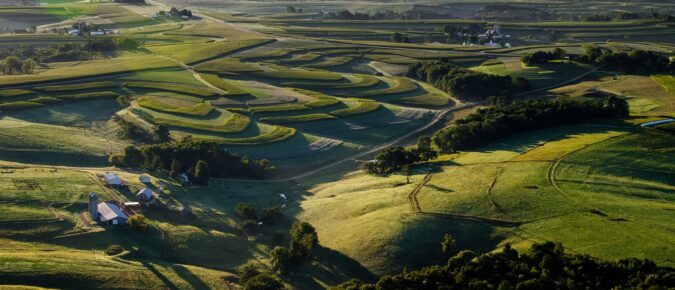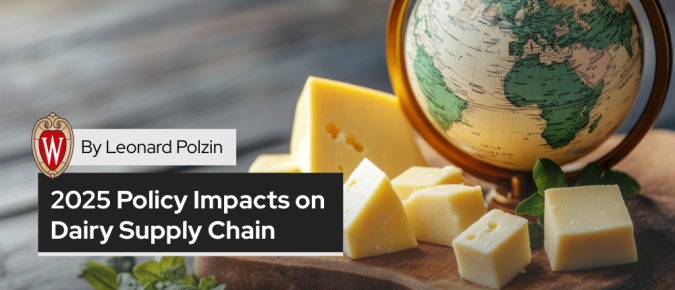This article provides an overview of the Dairy Margin Coverage program for the 2026 coverage year, with emphasis on program changes implemented for this year and what past margin history implies for risk management decisions.
The session and discuss how Dairy Margin Coverage can be used as an effective risk management tool.
A glass of milk and a cookie may feel like a small gesture, but when repeated across millions of homes nationwide, this familiar Christmas Eve tradition quietly represents weeks—even months—of milk production.
MCO offers protection against unexpected drops in operating margins — the difference between revenue and input cost. Interested producers should contact their crop insurance agent to learn more about how MCO could work for their operation.
This article presents current conditions in the U.S. dairy sector as of June 2025, drawing on insights from market sentiment and recent information.
This article examines the evolving dynamics of the U.S.–Canada dairy trade relationship in the first quarter of 2025, with a focus on recent policy developments, economic implications, and political considerations.
On April 21, 2025, the U.S. FDA suspended its proficiency testing program for Grade “A” milk and milk products. The halt has raised questions about potential regulatory oversight gaps, state readiness, and shifts in milk safety governance.
Milk in Wisconsin undergoes rigorous testing at every step – from on-farm to finished dairy products. Some tests are required by regulations, while others are voluntary quality checks.
The dairy market is changing—For dairy farmers, this means focusing on efficiency, using tools like better genetics, feed, and technology to produce more with less.
This article provides a detailed overview of the grant recipients and their initiatives, and examines the impact of this funding on Wisconsin’s local farming and food sectors amid recent federal farm-to-school funding cuts.
Dairy remains one of the last sectors of protectionism within North American trade. Historical experience over the past three decades suggests that its evolution will likely follow a path of gradual, managed openness rather than abrupt free trade.
Meals on Wheels provides millions of meals to seniors across the U.S. each year. This article examines the quantity of dairy foods used and dollars spent by Meals on Wheels programs nationally and in Wisconsin, highlighting recent versus historical trends.
The U.S.-Canada dairy trade dispute highlights a clash between protecting local farmers and promoting free trade. Gradual policy changes and support for farmers could ease tensions and benefit consumers.
Supplemental Coverage Option (SCO) is a crop insurance product that provides additional coverage for an underlying crop insurance policy. This article provides a brief overview of Wisconsin SCO and discusses its performance from 2015 to 2023.
Given recent changes in U.S. trade policies, specifically, the introduction of a 25 percent tariff on imports from Canada and Mexico coupled with increases in existing tariffs on China, there is need to better understand the potential ramifications on Wisconsin’s agricultural economy.
To help producers manage the risks associated with forage production, several insurance and support programs are available to Wisconsin producers. This article provides a historical examination of forage risk management programs available in Wisconsin from 2015 to 2024.
Producers can use Whole Farm Revenue Protection to mitigate the risks associated with forage production, offering revenue protection for an entire farm operation rather than individual crops or livestock.
This analysis shows trade tariffs, stricter immigration policy, and reductions in nutrition program spending would have substantial negative effects on the U.S. dairy sector.

